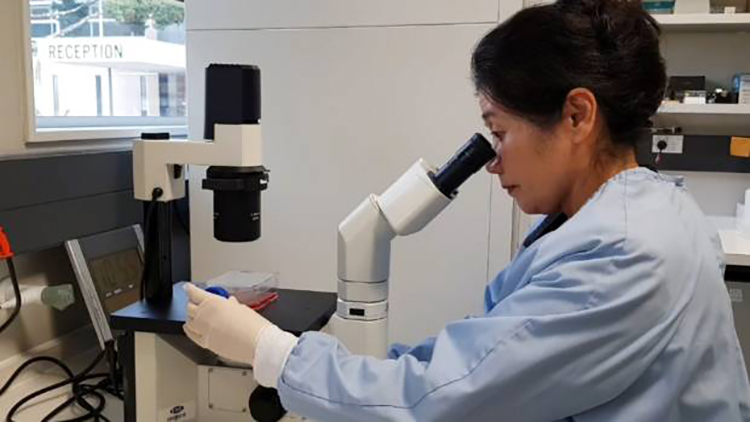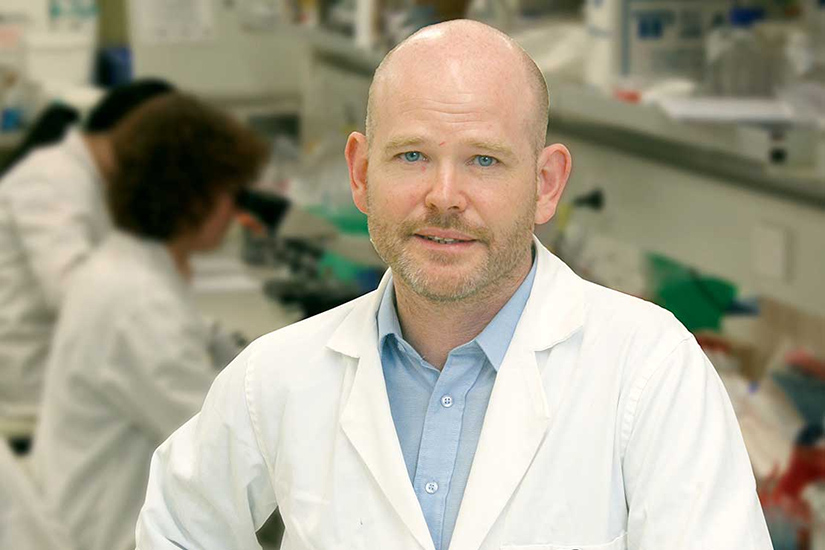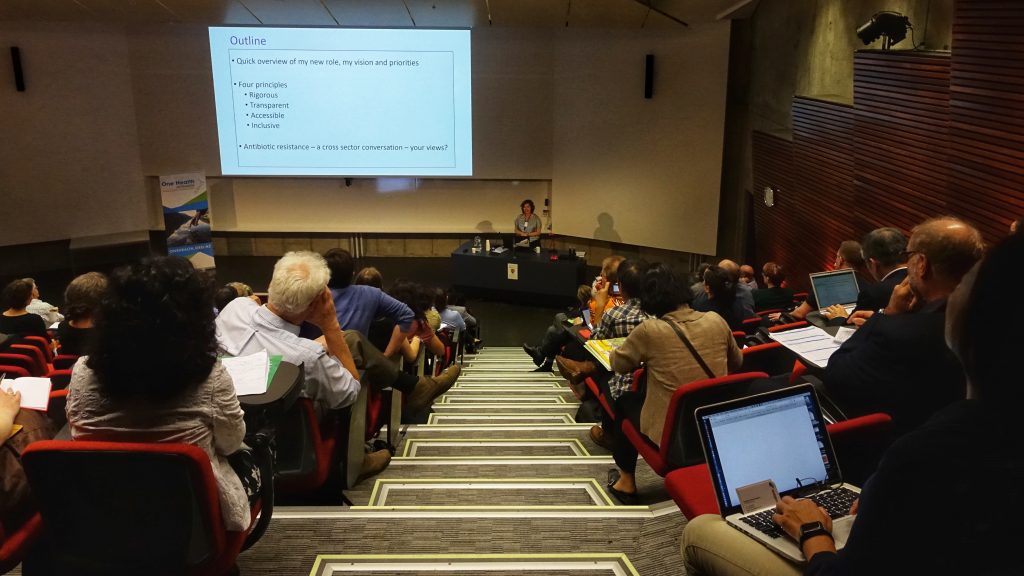Posts by user
New Zealand selected for major global research on influenza
New Zealand children will play an important role in the next major global research on human immunity to influenza. This country and ESR have been selected by the US National Institutes of Health (NIH) for a US$3 million research project on how first exposure to flu viruses shapes immunity to flu throughout life. ESR Chief…
Read MoreResearchers find triple as many Legionnaires’ cases as previously reported
The first New Zealand-wide study of the burden of Legionnaires’ disease has found triple the number of cases of this form of pneumonia than previously reported. The study, led by One Health Aotearoa Co-director Professor David Murdoch based at the University of Otago, Christchurch, has just been published in the Lancet Infectious Diseases. It gives the…
Read MoreYersinia infection still a mystery after 2014 outbreak in NZ
One Health Aotearoa Co-director Nigel French has co-written an article about yersinia which featured in Stuff’s Catalyst section this week. The article discusses the rise of yesinioisis among humans and animals. Read the article: Yersinia infection still a mystery after 2014 outbreak in NZ
Read MoreOne Health Aotearoa Autumn 2019 Newsletter
Our Autumn 2019 newsletter announces the dates of the 5th One Health Aotearoa Symposium and highlights the research of ESR’s groundwater research group. View the One Health Aotearoa Autumn 2019 newsletter.
Read MoreEmerging Research First Grant to identify epigenetic markers of BCG protection
One Health Aotearoa researcher Dr Ayesha Verrall from the Department of Pathology and Molecular Medicine at the University of Otago’s Wellington campus is the recipient of an HRC Emerging Research First Grant. Dr Verrall receives $250,000 for a project to investigate epigenetic markers of BCG protection for M.tuberculosis. The tuberculosis (TB) vaccine BCG is the…
Read MoreLeptospirosis keynote at upcoming occupational health symposium
Leptospirosis is a globally important multi-host, multi-pathogen disease which can be transmitted to humans from animals, with more than one million cases and 60,000 deaths annually. Humans are infected through contact with urine from infected mammals including wildlife, rodents, farmed species and pets. Associate Professor Jackie Benschop from Massey University’s School of Veterinary Science will…
Read MoreOHA Strategic Workshop 2019
One Health Aotearoa hosted a strategic workshop in Wellington at the end of March to further develop the programmes of research and future direction for the alliance, with view to a Centre of Research Excellence bid in 2019. The workshop involved over twenty participants from our partner institutions.
Read MoreWebster Family Chair in Pathogenesis appointment
Following an extensive international search, Professor Miguel Quiñones-Mateu has been appointed as the second holder of the Webster Family Chair in Viral Pathogenesis in the University of Otago’s Department of Microbiology and Immunology, School of Biomedical Sciences. Inaugural recipient Professor Andrew Mercer held the position from 2005 until his retirement last year. Professor Quiñones-Mateu thanks…
Read MoreOne Health Aotearoa Summer 2019 Newsletter
Our Summer 2019 newsletter features a review of the 4th One Health Aotearoa Symposium held in December 2018, spotlights ESR’s climate change and environmental disruption research and provides save the date details for the next World One Health Congress meeting in Edinburgh in 2020. View the One Health Aotearoa Summer 2019 newsletter.
Read MoreModel for improving campylobacter management
A refined model for understanding the source of campylobacter infections may be a key management tool for public health officials around the world. The pathogen campylobacter, which causes the gastrointestinal infection campylobacteriosis, is the most frequently notified enteric disease in New Zealand, according to the Ministry of Health, and places an incredible stress on the…
Read More








